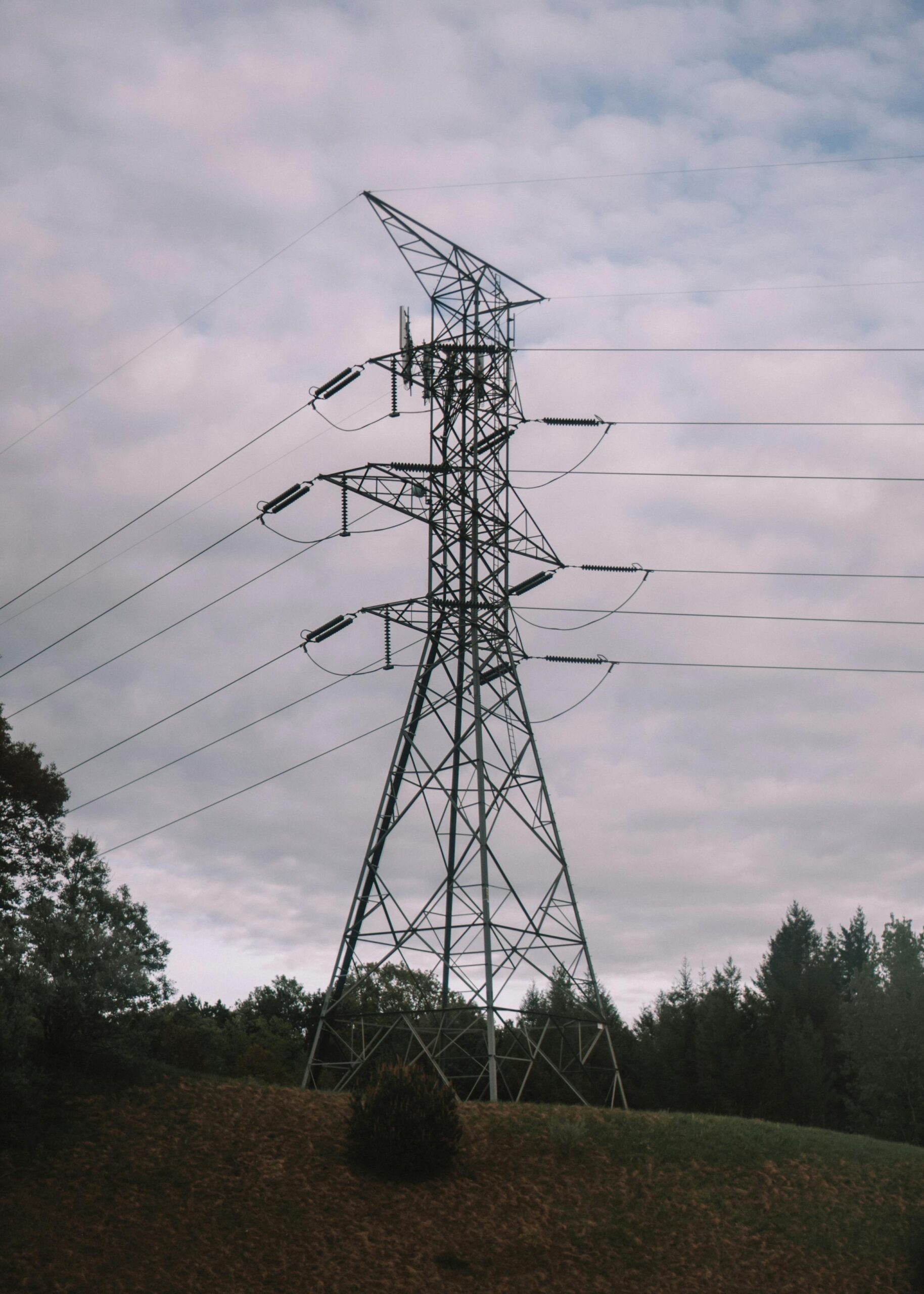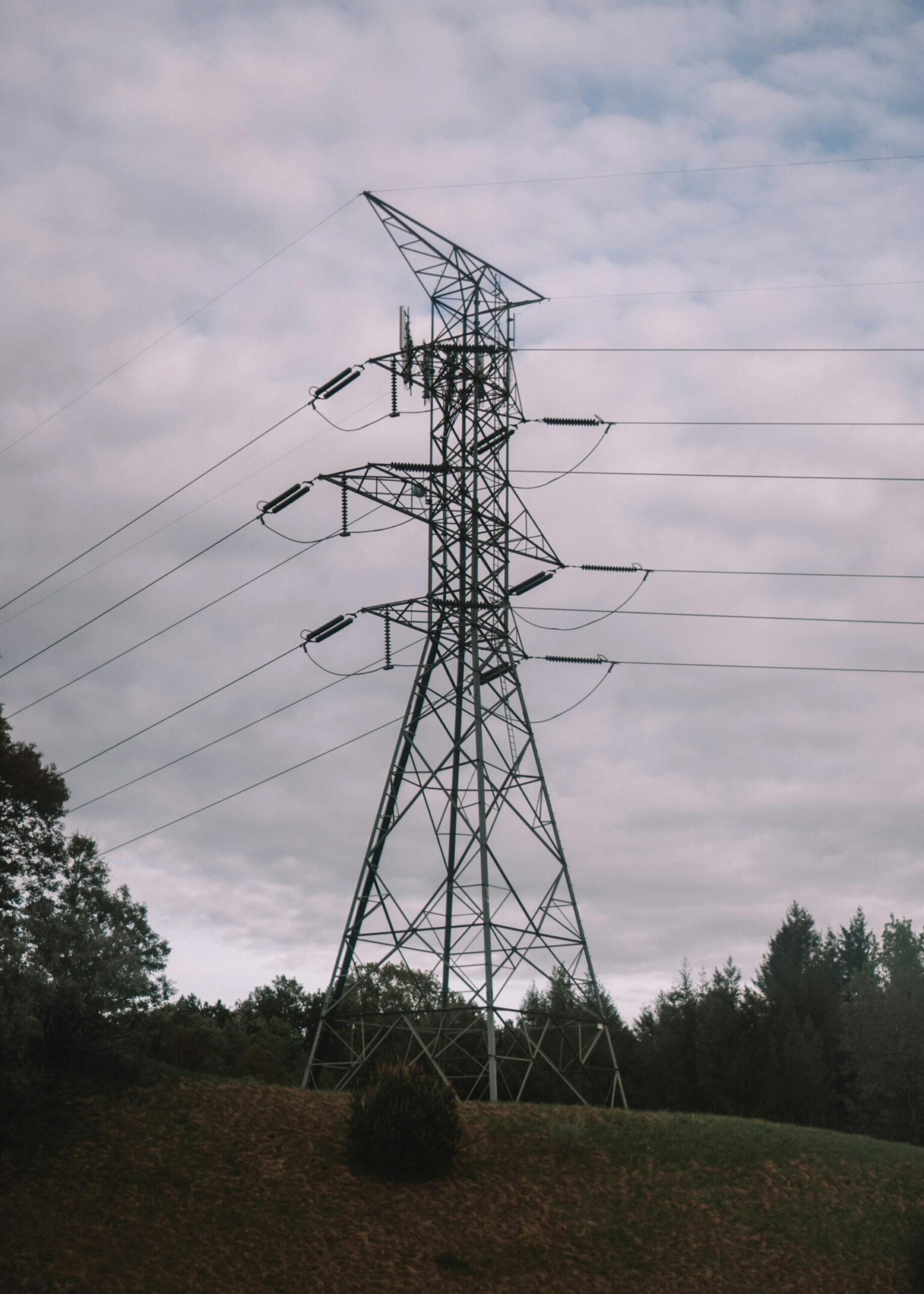
Wuse 2, a once-thriving commercial hub in Abuja, is facing economic paralysis due to a prolonged power crisis. For nearly a month, businesses, including salons, hotels, and tech startups, have struggled with frequent blackouts, leading many to reduce operations or close due to high energy costs and unreliable electricity.Small business owners in Wuse 2 are witnessing their livelihoods collapse as perishable goods spoil and operations come to a halt.This hardship reflects the broader national energy crisis. According to the Manufacturers Association of Nigeria’s H2 2024 Economic Report, Nigerian manufacturers spent an alarming N1.11 trillion on alternative energy in 2024, a 42.3% increase from N781.68 billion in 2023.
Energy expenses surged from N404.80 billion in the first half of 2024 to N708.07 billion in the second half, marking a 75% rise within six months.SMEs Raise Alarm Over Rising CostsThe escalating costs have severely impacted SMEs, many of which are now on the verge of collapse.“We can’t afford diesel every day anymore,” says Seyi, the manager of a beauty spa near Aminu Kano Crescent. “Each day the power is out, we lose customers and revenue. This isn’t sustainable.”Electricity tariffs have soared — even Aso Villa is reportedly struggling with the costs — yet businesses in Wuse 2 are left to bear the brunt with little to no support.
As a result, many are downsizing, relocating, or closing their doors entirely.Lagos State Deputy Governor Obafemi Hamzat recently highlighted the issue of “crazy billing” by electricity distribution companies, revealing his official residence’s electricity bill soared to N29 million in April, up from N2.7 million in March.In Wuse 2, entrepreneurs like Juliet, who started a clothing business in July 2023, are struggling with high electricity costs, spending N100,000 weekly while receiving minimal power. Many businesses are downsizing or closing due to power outages and escalating energy expenses. A tech entrepreneur expressed frustration, noting that even the “center of power” lacks consistent electricity.
Residents, including Fakhuus Hashim, are voicing their concerns about the dire situation, with some pointing out that even Aso Villa is affected. The federal government recently allocated N10 billion for a solar power project at the Presidential Villa, aiming to address Nigeria’s energy crisis, with federal institutions owing N47.1 billion in energy debts.The power crisis in Wuse 2 reflects a broader issue affecting small and medium enterprises across Nigeria, where many businesses rely on alternative power sources.
Experts blame the failure of distribution companies to meet the demands of commercial areas, along with infrastructure decay and rising fuel costs, for worsening the economic situation.Sule Muktar, a policy analyst, criticized the inefficiency of the system despite promises of reform, while Dr. Bulus Anag of Nasarawa State University emphasized the need for serious investment in energy security to support Nigeria’s economic ambitions.The power outage is not only financially damaging but also psychologically distressing for business owners who chose Wuse 2 for its proximity to key institutions.




